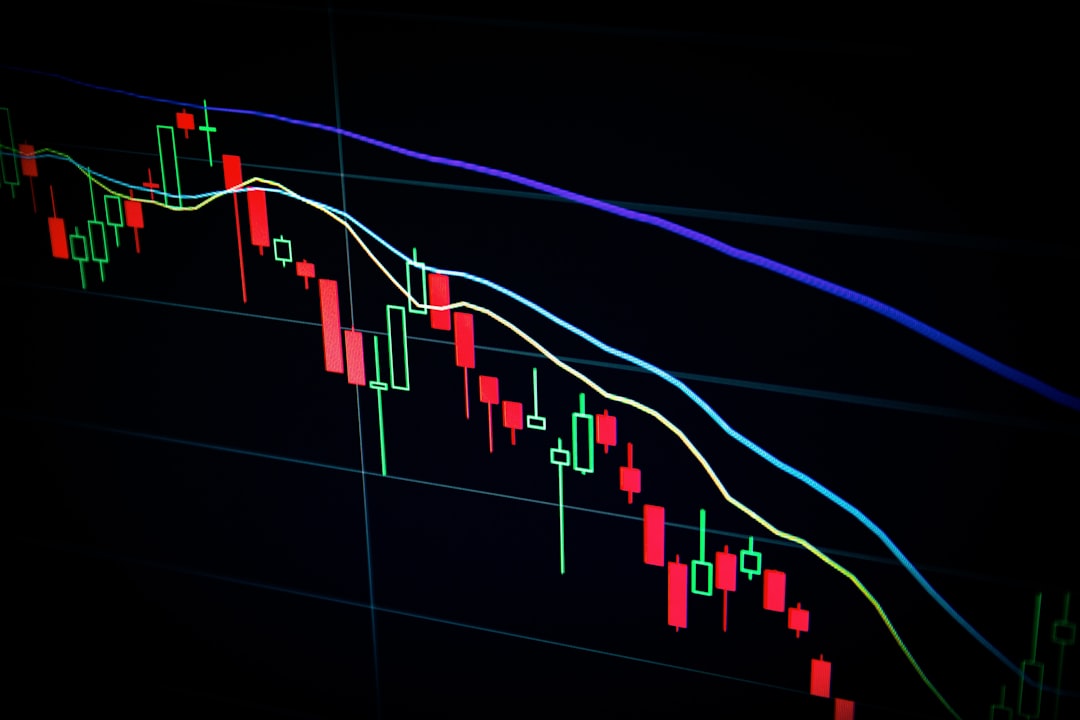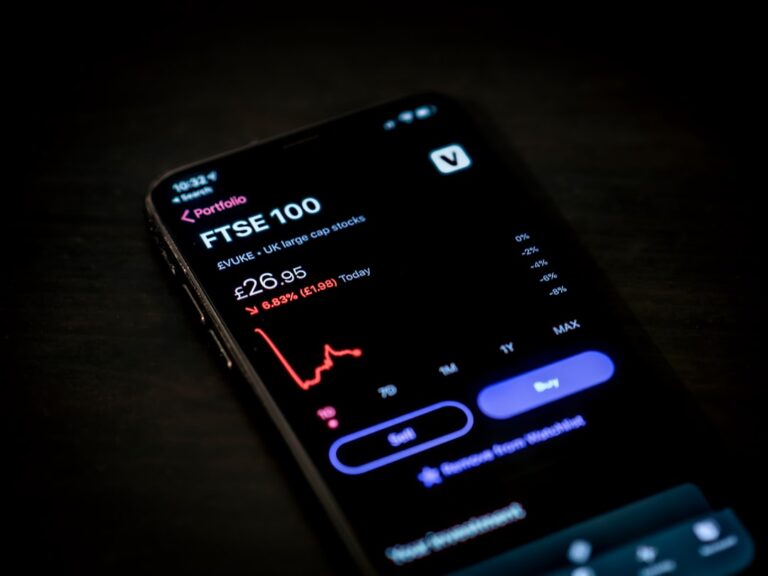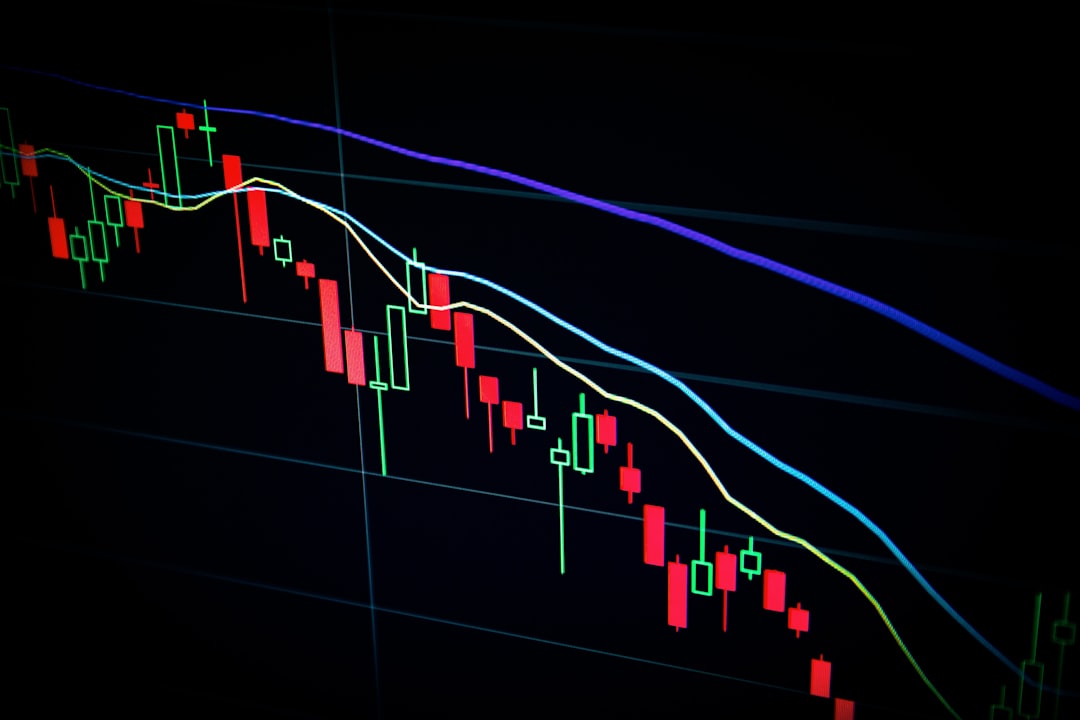Pre-market sessions provide a strategic advantage for investors aiming to maximize wealth within financial markets by offering quieter trading conditions and real-time data, allowing traders to anticipate price movements and execute trades before the official market open. This window of opportunity is beneficial for both short-term traders and long-term investors who stay informed, potentially capturing gains during lower volatility hours. In Melbourne and globally, early market hours facilitate strategic planning, focused analysis, and enhanced wealth accumulation through informed decision-making.
“Unleash profitable trading opportunities in Melbourne’s financial markets by exploring the early market hours. This strategic guide delves into the unique dynamics of pre-market trading, offering insights for both seasoned and novice investors. Learn how Melbourne’s local timing impacts global financial trends, benefiting from lower volatility and tighter spreads during these crucial minutes. Discover expert strategies, including technical analysis tailored to pre-market conditions, to maximize wealth and navigate risk effectively.”
- Understanding Early Market Hours
- – Definition and relevance in global financial markets
- – Melbourne's local market timing and its impact on trading
- Why the Early Hours are Favorable for Selling Shares
Understanding Early Market Hours

The early market hours, often referred to as pre-market or pre-open sessions, represent a unique and potentially lucrative window for investors looking to maximize their wealth within the stock market. This period typically starts before the official market open and allows traders to execute trades ahead of the day’s trading activity. Understanding these early hours is crucial for those seeking an edge in the financial markets.
During these initial hours, market participants can access real-time data feeds and place orders based on anticipated price movements. It’s a time when news releases, economic indicators, and company earnings reports can significantly impact stock prices, creating opportunities for both short-term traders and long-term investors. By being aware of this dynamic, investors can make informed decisions, potentially capturing gains before the market fully awakens.
– Definition and relevance in global financial markets

In global financial markets, early market hours refer to the initial period of trading when stock exchanges open for business each day. This critical window is often considered an opportune time for investors and traders due to several factors. During these early hours, markets are relatively less volatile, providing a calmer environment where informed decision-making can occur. Investors can take advantage of price discrepancies caused by limited liquidity as participants adjust to the new trading day.
For those seeking to maximize their wealth within these initial moments, strategic planning and real-time market analysis are key. Traders can identify emerging trends and capitalize on potential opportunities before the market’s increased volume and volatility set in later in the day. This early advantage allows for a smoother navigation of the financial landscape, potentially leading to more successful trading outcomes and enhanced wealth accumulation over time.
– Melbourne's local market timing and its impact on trading

Melbourne’s local market hours play a significant role in shaping the trading environment for those seeking to navigate the stock market successfully. The city’s unique timing offers both advantages and opportunities for investors, especially during the early market hours. This period, often considered the ‘pre-open’ or ‘pre-market’ session, is a crucial time window where traders can gain an edge by initiating trades before the official market open. By delving into these initial moments, Melbourne’s investors have the chance to capitalize on potential price movements and secure advantageous positions.
The local market timing in Melbourne allows for strategic decision-making under relatively quieter conditions. This tranquility provides a stark contrast to the bustling activity that often characterizes later hours, enabling traders to focus on fundamental analysis and make informed choices. As such, early market hours can be seen as a fertile ground for cultivating wealth within the financial markets, where patience and meticulous planning meet dynamic trading opportunities.
Why the Early Hours are Favorable for Selling Shares

The early market hours, often referred to as the pre-market or after-hours session, present a unique and potentially advantageous window for investors looking to sell shares in Melbourne or any global financial hub. This period typically occurs before the official market open and after it closes, offering a brief respite from the constant flux of trading activity. During these initial hours, the market is relatively quieter, allowing for a more focused and calm approach to selling. Investors can avoid the hustle and bustle of the regular trading day, where news and events can cause rapid price fluctuations.
The tranquility of early market hours enables investors to make decisions with a clearer head, focusing on long-term goals rather than short-term noise. It’s an opportune time to assess one’s portfolio and identify shares that may have reached their target sale prices or those where further holding could be detrimental to wealth within the investment strategy. This strategic selling can help investors lock in profits, minimize potential losses, and navigate their portfolios with a sense of control and purpose.
Melbourne’s early market hours present a unique opportunity for investors to navigate the financial landscape with strategic precision. Understanding these timing dynamics is key to unlocking potential wealth within global markets. By taking advantage of the initial trading period, investors can benefit from increased liquidity and price stability, facilitating more effective share selling strategies. This targeted approach, aligned with Melbourne’s local market rhythm, contributes to informed decision-making and enhanced financial management.
